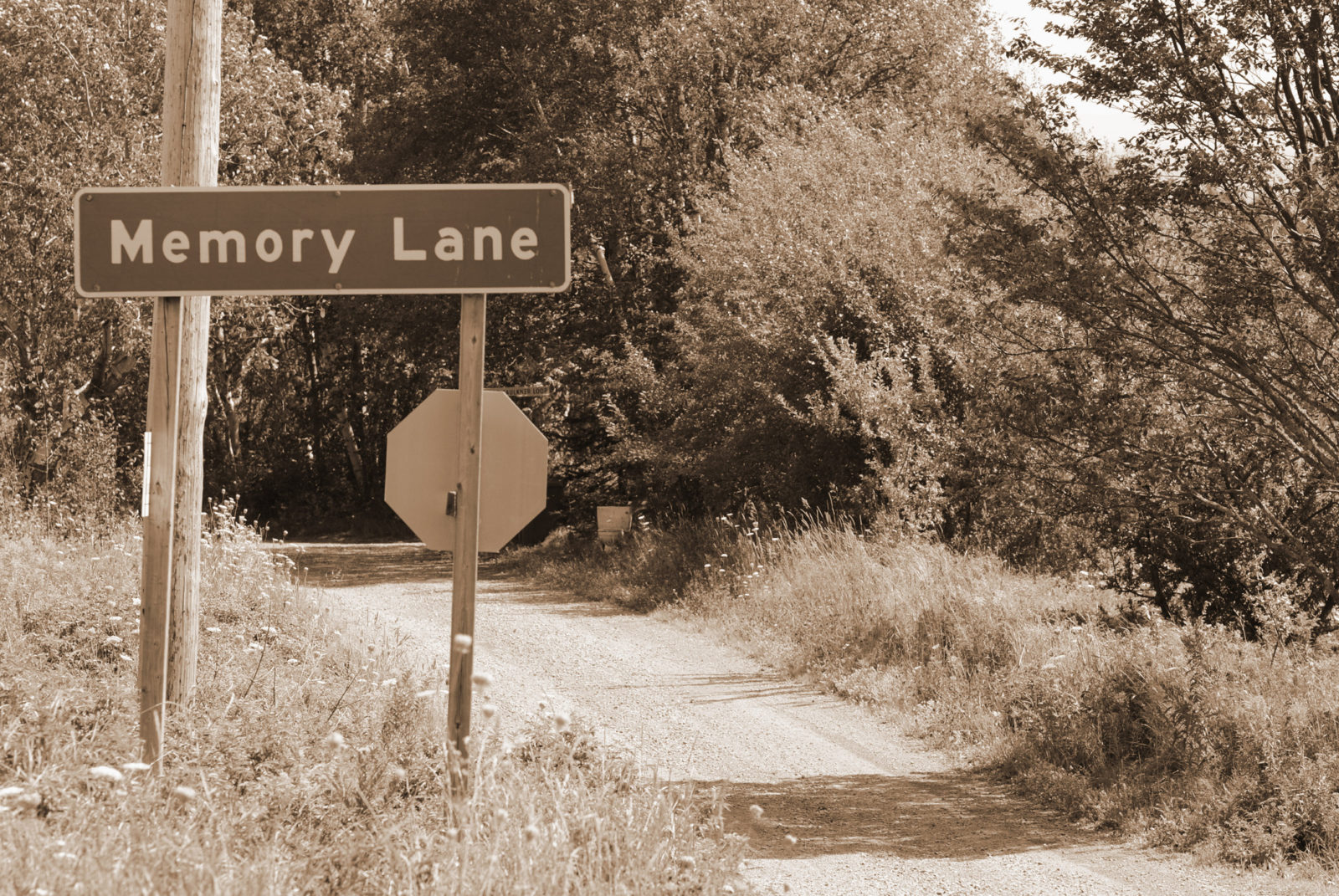Nostalgia Can be Good for You

We’ve all experienced nostalgia, when we remember the past fondly and perhaps wish to be back there again. Nostalgia has been a big topic during the coronavirus pandemic, with people reminiscing about their lives “in the before times.” Nostalgia often gets a bad rap – we may be admonished not to “live in the past,” or encouraged to hope for a better future. But actually, science tells us that a certain amount of nostalgia can be important for our mental health.
According to Maria Cohut, Ph.D., writing in Medical News Today, nostalgia was long considered a mental health disorder. But she reports that several studies have found important benefits to nostalgia. It can increase our sense of social connectedness, give us a stronger “sense of self,” and – importantly for us right now – help us “cope with present uncertainties.”
In a fun bit of irony, there’s a recent story on the topic in The Saturday Evening Post, which is itself the source of so much nostalgia for older people. (Who hasn’t stared at one of their covers painted by Norman Rockwell, absorbing every detail of a moment from the past?) The magazine’s article quotes Tim Wildeschut, Ph.D., professor of social and personal psychology at the University of Southampton: “Happy memories let you take a break from negativity. Memories are a psychological immune response that is triggered when you experience little bumps in the road.”
Of course, many older people know the joy of sharing stories from the past with their children and grandchildren. This talking form of nostalgia helps us pass along family history to younger generations and can spark connections between young and old. For example, an older woman who reminisces about sewing clothes for the entire family, back when that was a widespread practice, might inspire a younger family member to take up sewing.
Some research even suggests that nostalgia can help people living with dementia. One study, published in the Journal of Alzheimer’s Disease, involved patients with mild or moderate dementia. The researchers reported, “Nostalgia … significantly increased self-reported social connectedness, meaning in life, self-continuity, optimism [and] self-esteem.” They even noted that “this emotion lends participants the fortitude to face the threat posed by their illness.”
Almost anything can send us on a trip down memory lane, and nostalgia is often sparked by one of our senses – something we see, smell, taste, touch, or hear. Nostalgia can come over us unexpectedly, or we can purposefully spend time reliving memories. “Nostalgia is absolutely central to human experience,” says psychologist Constantine Sedikides, Ph.D., in the Saturday Evening Post article. But we should try not to overdo it to the point that we are living entirely in the past. The Post author writes, “Keep these words of wisdom from the great inventor Charles Kettering in mind as well: ‘You can’t have a better tomorrow if you are thinking about yesterday all the time.’”
![Charlesgate [logo]](https://www.charlesgate.net/wp-content/uploads/sites/218/2016/12/logo-new.png)